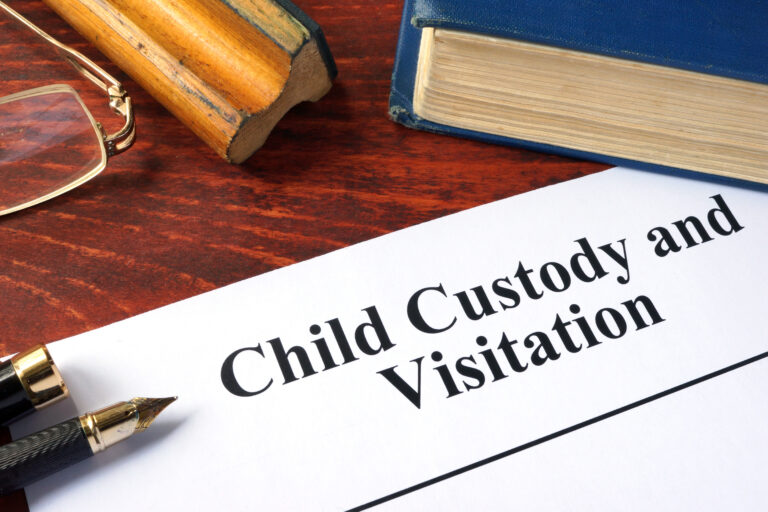- March 29, 2021
When a family court judge hands down an order, whether temporary or permanent, the parties are obligated to follow it. Failure to do so could result in a contempt of court action. Contempt is nothing to take likely. It can mean stiff penalties and can impact the future of your case in ways you might not like. Whether you believe the other party is in contempt, or you’ve been accused of it, having legal representation is critical. Greenville Family Law can assist regardless of which side of the case you’re on.
The Basics of a Contempt of Court Action
Any number of family court orders could potentially be violated. These include failure to pay child support or alimony, refusal to observe custody orders, and much more. Many violations involve parenting issues or communications between the spouses. Violations, in turn, put the offending party at risk of contempt of court action.
In South Carolina, a contempt action is known as a Rule to Show Cause. The offending party must show cause as to why he or she should not be held in contempt. Judges take their orders seriously, and they know that excusing misconduct will only invite more. Contempt exists to discourage violations of court orders so the intended purpose of those orders can be carried out.
Parties who allege contempt, or are defending against it, need proof. In many cases, this can include something physical like an email or a document. For example, a party may send a text clearly refusing to allow visitation. Or a bank statement can be used to show the other parent didn’t deposit a child support payment. Your Greenville family law attorney can work with you on proving or refuting allegations of contempt.
A witness may also be useful in your case. Someone may have seen the other person violate an order, so they can come to court to discuss it. Or a witness could have observed you conducting yourself in accordance with the order. In that case, the witness can come to court to refute contempt allegations against you.
How Courts Handle Contempt Actions
As mentioned above, the parties will have their chance to be heard in court. The party alleging contempt can present their own evidence or witnesses to support the charge. Meanwhile, the party accused of violating an order will be able to refute these accusations with their own evidence.
The judge has to decide whether a violation of the order took place, but also whether it was willful. Not all violations are necessarily the result of contempt. For instance, a parent who loses a job and cannot find another might not be able to pay child support. But in a case like this, the failure to follow the order may not be willful. Circumstances that are beyond the control of a party do not generally subject that person to a finding of contempt.
If the judge determines the violation was willful, the potential penalties could be significant. They may include a monetary fine, time in jail, and more. Contempt can also form the basis of a request to modify a prior order. If it becomes clear that a party is refusing to obey an order, the modification could bring stricter terms. On top of this, a finding of willful misconduct may prejudice the judge against you in future cases. While judges are expected to rule objectively and fairly, they are also human. You could have months or even years of future family court action. A finding of contempt will likely make those future proceedings more difficult.
Alleging Contempt? Defending Against It? We Can Help
Greenville Family Law is experienced in all aspects of South Carolina domestic matters. We also handle contempt issues that stem from those cases. If you’re the party alleging contempt, we can build a case showing the judge what happened. We can also defend you against an allegation that you willfully violated a court order. Don’t put the future of your family law matter at risk. Call Greenville Family Law today.








